Hi, friends of Steemit, a few days ago I talked about the nicotine addiction that caused a good impact, but now I want to talk about another drug that we have all used and do not know. And it's caffeine.
Caffeine is a stimulant drug like nicotine. I think I forgot to explain this in my previous post. What I mean by this, as the name implies, stimulants are a class of drugs that intensify brain activity, cause an increase in mental acuity, attention and energy, which are accompanied by an increase in blood pressure and a increase in heart rate and breathing. Historically, stimulants were used to treat asthma and other respiratory problems, obesity, neurological disorders and a variety of other ailments.
That is why this topic is interesting and I will try to explain it in the best possible way to learn and I can capture all the information that is explained here.
Let's start with what matters most
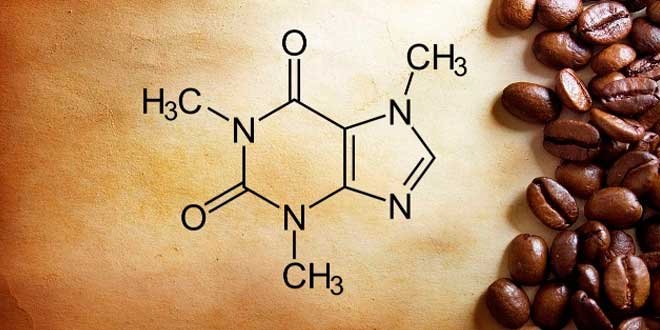
Why the caffeine are addictive
This drug affects the brain producing a sensation of constant alertness. When we consume caffeine, it is absorbed by the small intestine and spread by the blood. This can dissolve in both water and fats, so it is distributed in the blood and cell membranes; it is for this reason that it is able to penetrate the barrier between the blood and the brain and enter this organ.
Caffeine is a stimulant of the central nervous system that produces a temporary effect of restoring the level of alertness and eliminating drowsiness. Drinks that contain caffeine, such as coffee, tea, some non-alcoholic beverages (especially cola drinks) and energy drinks, enjoy great popularity. Caffeine is the most widely consumed psychoactive substance in the world.
The molecular structure of caffeine is similar to that of adenosine. Upon reaching the brain, caffeine is installed in the same neuronal receptors reserved for adenosine, preventing it from fulfilling its function. In essence, it blocks the passage to the natural inhibitor of our organism, making the neurons remain active.
where can we find it?
Caffeine is found in many plant species, where it acts as a natural pesticide. According to certain studies, the high levels of caffeine present in young plants that are still developing foliage but lack mechanical protection can paralyze and kill certain insects that feed on the plant. High levels of caffeine have also been found in the soils around the stems in the germinated coffee beans. It follows that caffeine has a natural function not only as a natural pesticide but also as a substance that inhibits the germination of other nearby coffee beans, thus giving the growing plants a better chance of survival.
The most commonly used sources of caffeine are coffee, tea and to a lesser extent cocoa. Other sources of caffeine used less frequently include yerba mate and guarana plants, which are sometimes used in the preparation of infusions and energy drinks. Two of the alternative names for caffeine, mateine and guaranine, are derived from the names of these plants.
What effects can it generate on our body?
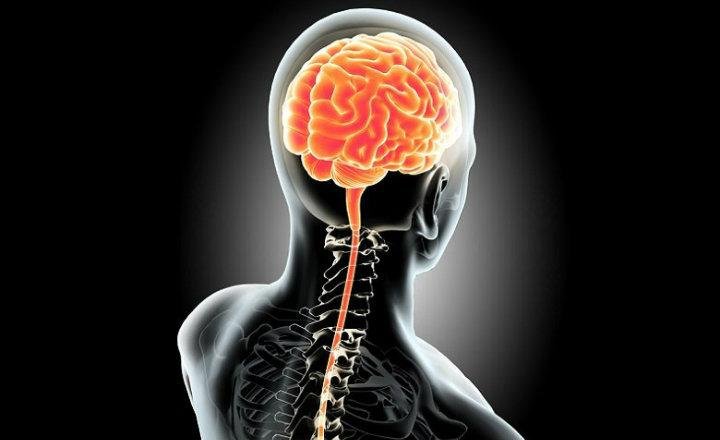
There are many variations in our body as in the nervous system, but I will only explain the most important ones.
- It stimulates the central nervous system, which can make you feel more awake and gives you an energy boost
- It is a diuretic, which means that it can help the body to eliminate excess water and salt when urinating more
- Increases the release of acid in the stomach, which sometimes causes upset stomach or heartburn
- It can interfere with the absorption of calcium in the body
- Increase blood pressure
Caffeine reaches our brain quickly and acts as a stimulant of the central nervous system, it affects our full alertness, which helps us to feel less tired and more awake. Excessive consumption can cause headaches. In people with sleep disorders or anxiety problems, their consumption of food is totally discouraged and may worsen the situation. Other adverse symptoms in people accustomed to taking caffeine daily, is the appearance of anxiety, irritability and drowsiness when sudden abstinence occurs.
Coffee consumption can cause heartburn or upset stomach. It acts as a diuretic and, therefore, does not serve to quench our thirst. Excess caffeine is not stored in the body, it is only processed in the liver and sold in the form of urine. Therefore, there is a high dose of caffeine that can not be accompanied by exercise and can cause too much water loss.
The highest levels of coffee in our bloodstream appear at the hour or two hours of the night, causing an increase in blood pressure in the short term. The consumption of people suffering hypertension or heart-related problems is discouraged and in any case, you should consult your doctor. If there is an excess of coffee it can cause irregular and rapid heartbeats and even breathing difficulties.
Chemical Identification
Caffeine is an alkaloid of the family methylxanthines, whose metabolites include the compounds theophylline and theobromine, with similar chemical structure and similar effects (although of less intensity at the same doses). In pure state it is a very bitter white powder. It was discovered in 1819 by Runge and described in 1821 by Pelletier and Robiquet.
Its chemical formula is C8H10N4O2, its systematic name is 1,3,7-trimethylxanthine or 3,7-dihydro-1,3,7-trimethyl-1H-purine-2,6-dione and its structure can be seen in the diagrams included .
A cup of coffee contains 80 (instantaneous) to 125 (filtered) mg of caffeine. Decaffeinated coffee, in Spain, must contain an amount of caffeine not higher than 0.3%. Caffeine can also be obtained in stimulant pills of up to 800 mg.
Relevant information
For most people, it is not harmful to consume up to 400 mg of caffeine per day. If you consume too much caffeine, it can cause health problems, such as:
- Restlessness and tremors
- Insomnia
- Headaches
- Dizziness
- Rapid or abnormal heart rhythm
- Dehydration
- Anxiety
- Dependency, so you need to take more of it to get the same effect
Global caffeine consumption was estimated at 120,000 tons per year, making it the most popular psychoactive substance. Caffeine is a metabolic and central nervous system stimulant, 15 and is used both recreationally and medically to reduce physical fatigue and restore mental alertness in cases of unusual weakness or lethargy. Caffeine and other methylxanthine derivatives are also used in newborns to treat apnea and to correct irregular heartbeats. Caffeine activates the central nervous system at higher levels, causing an increase in alertness and wakefulness, a faster and clearer flow of thought, an increase in attention and an improvement in body coordination. Then it acts at the level of the spinal cord when it is in high doses. Once inside the body, it has a complex chemistry that acts through different mechanisms of action that are described below.
Can caffeine help us do sports?

Like all my posts, I always refer to a topic that is causing an impact. The BBC World magazine commissioned this analysis.
It is no secret that the cafeteria functions as a stimulant for the body, but at the same time it is a substance that is not considered dopant for performance.
Caffeine can influence your exercise routine by affecting your central nervous system, "explained Dr. Zoe Williams in a program of the BBC series (believe me, I'm a doctor).
The fashion of consuming caffeine has spread to other disciplines in recent years, but the researchers clarify that in most cases it does not end up producing the desired effect by not taking into account the amount or how it is ingested.
Here I leave the reference so you can continue reading this article of great interest
http://www.bbc.com/mundo/deportes-42555594Conclusion
This post is short but direct in which I wanted to highlight, on the importance of knowing this substance present in foods and beverages that commercially throughout the world are highly consumed.
Caffeine is not bad, if it is not consumed in high quantities, it is harmful only when you start to consume excessively.
Below I will leave you a video, with a more accurate explanation for you.
Information Reference
Thank you for taking the time to read this publication. I hope you have a happy day, see you in the next. Do not forget to leave a comment about what you thought, thank you very much.@juanjdiaz89


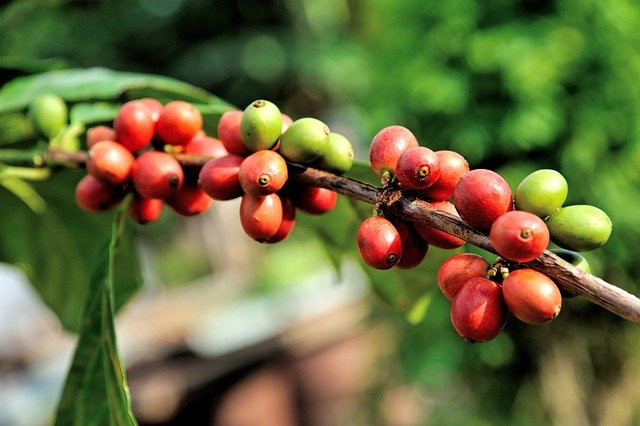
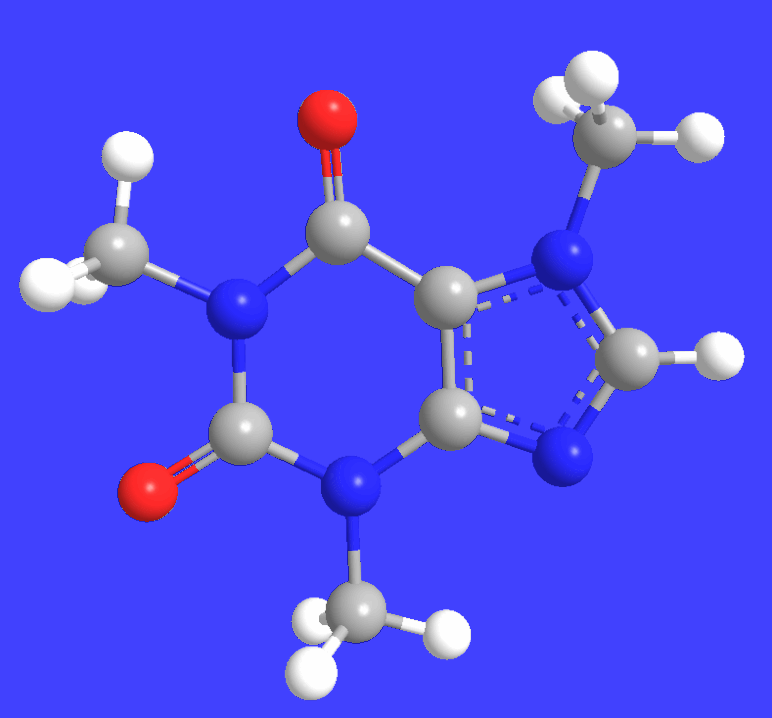
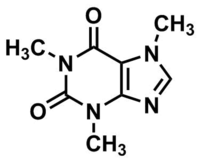
Being A SteemStem Member
Cool post @ juanjdiaz89,
Many students are aware of caffeine especially as it is important during exam reading... Do you think there could be a long term side effect from taking too much caffeine?